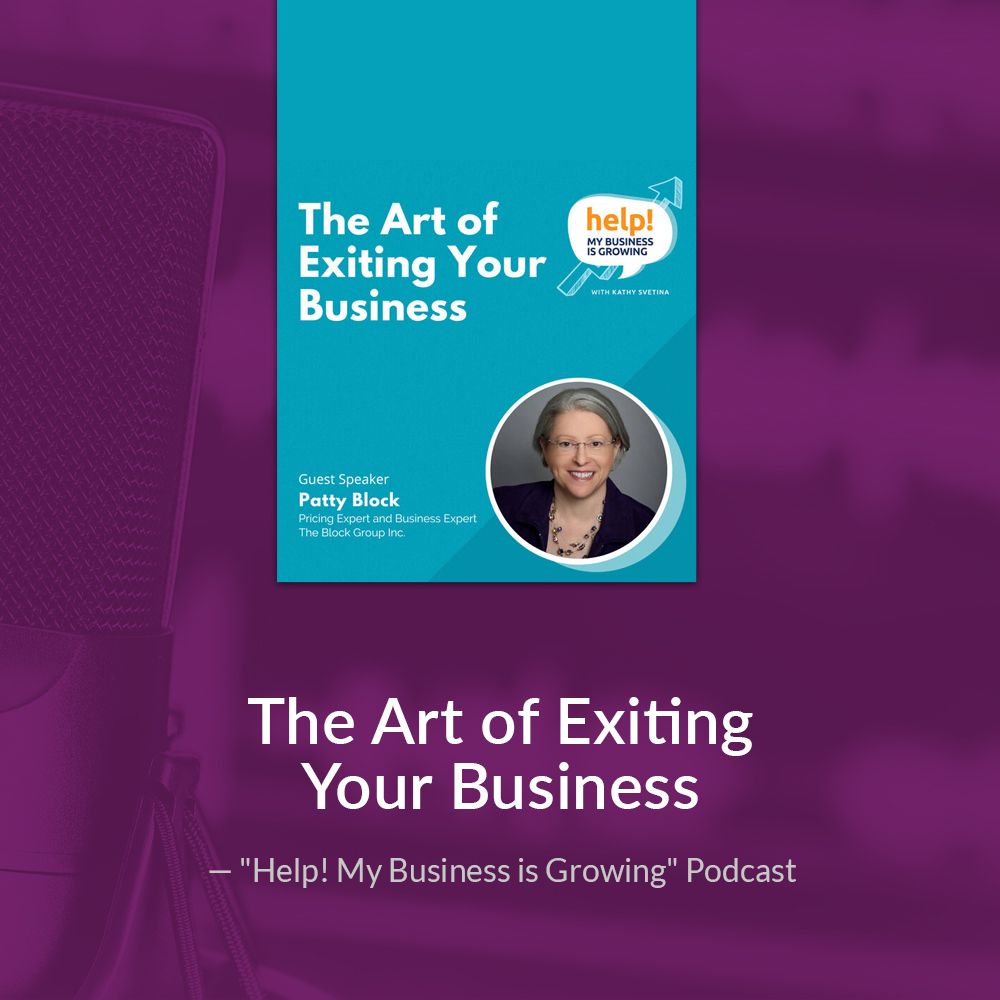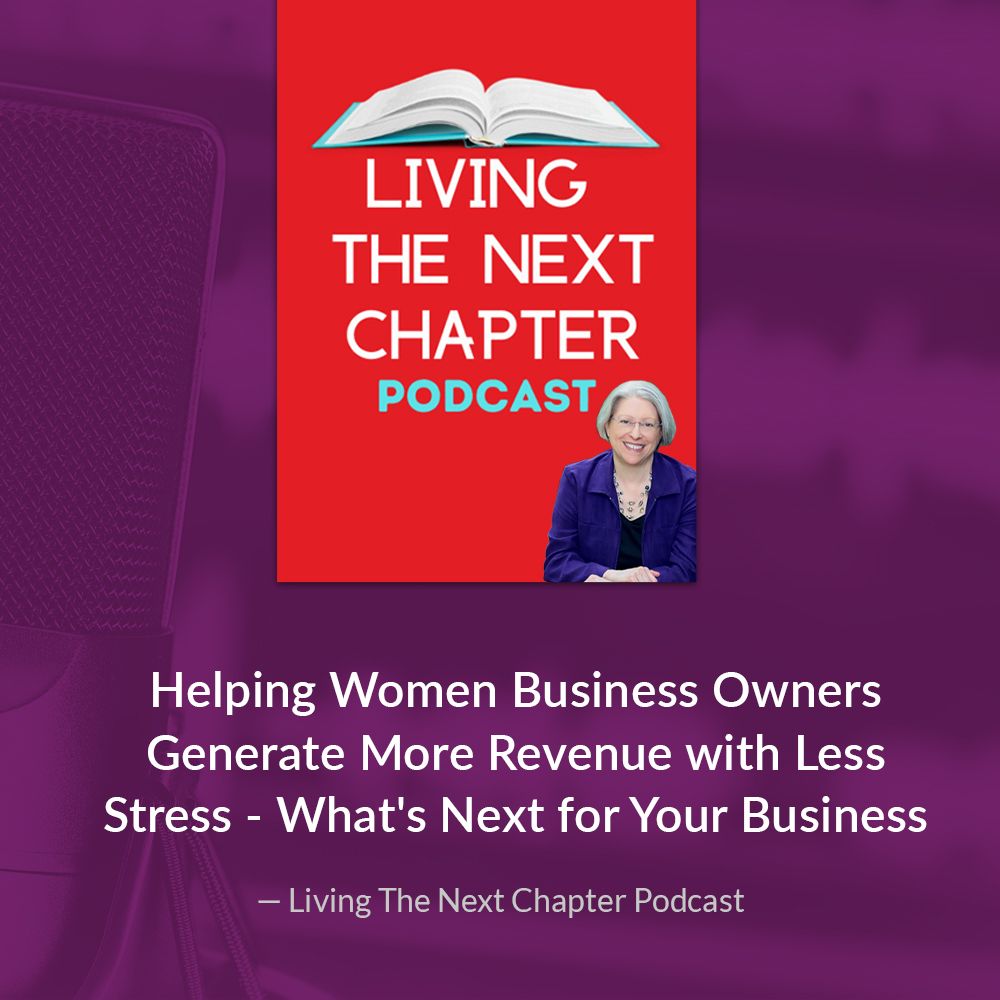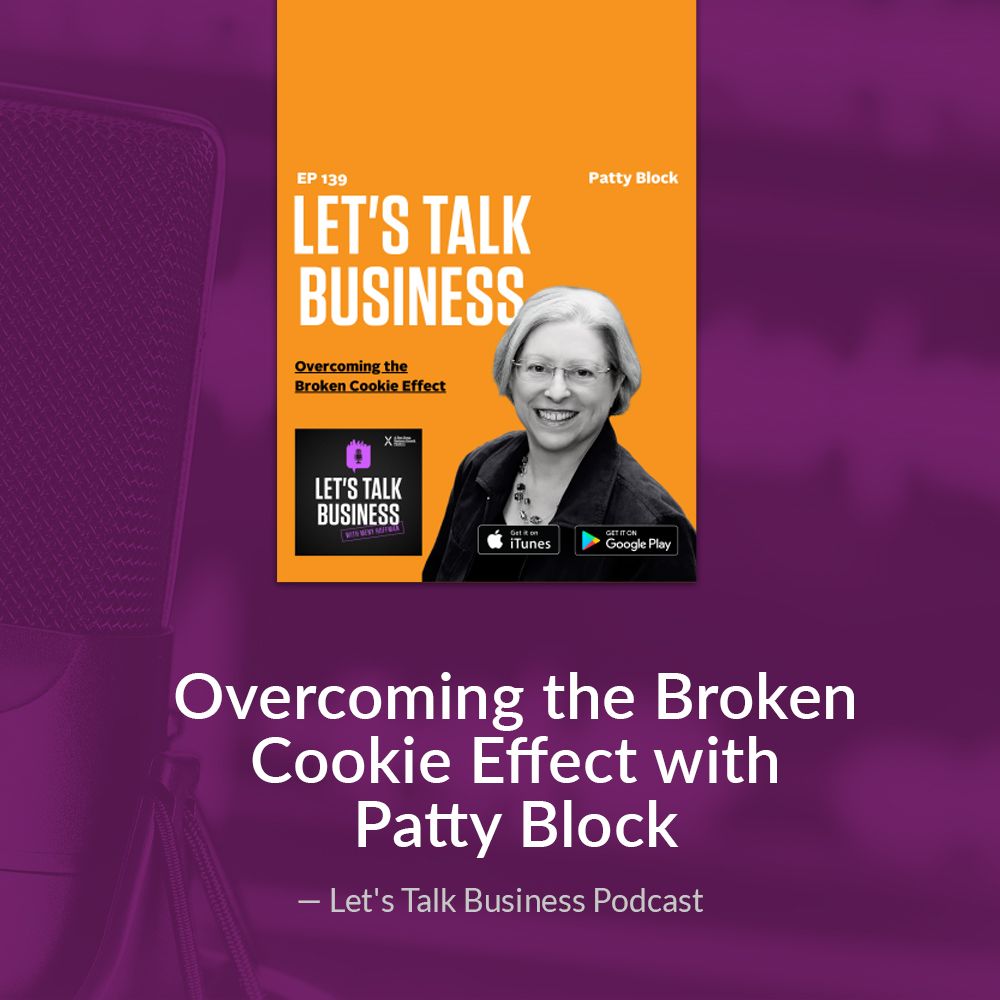
The Diplomatic No
August 06, 2024
Crafting a message that is clear, concise, and conveys value will boost your confidence. You will feel more in control and less likely to feel knocked off course.
The next critical step is delivering that message with composure, being assertive and direct. Assertive in this context means self-assured, decisive, and confident. It does not mean pushy, violent, or aggressive.
Yet many women feel guilty when they are assertive, asking for what they want. You can be assertive and nice at the same time – it’s called diplomacy.
Miscommunication and mixed messages are rampant in business and in life. The clearer and more direct you are, the more effective you will be. Being assertive and direct promotes your ability to:
- Build your self-confidence
- Reduce stress
- Embrace your personal power
- Foster strong relationships
- Find common ground and get to win-win
- Train others to communicate effectively with you
- Improve your perceived value
Four elements need to be in place for others to perceive you as assertive:
- Know your rights and protect them.
- Value yourself and your rights.
- Focus on mutual respect and common ground.
- Deal with your emotions.
Today’s Questions:
When do you communicate assertively the best? What stops you in your tracks and keeps you silent? What are the skills you’ve learned to work through not staying quiet?
But Here’s the Twist . . .
The skills and techniques I taught to political candidates are the same skills I teach today to women business owners. But communicating effectively requires so much more than learning skills. This is where women can shine, using their intuition and powers of perception, but they frequently struggle to speak up and speak out.
In my view, women who are technical experts contend with three significant communication roadblocks: perceiving nuance, use of language, and lack of confidence.
But what does it mean to ‘know your rights and protect them’?
To protect your rights, you must know them well. You may be surprised at how often you give up your rights in the name of avoiding conflict or thinking you might hurt someone’s feelings.
I believe these are fundamental rights for all people:
- I have the right to be respected.
- I have the right to be taken seriously.
- I have the right to say no.
- I have the right to speak up and not wait for someone to call on me.
- I have the right to ask for something to change.
These rights establish healthy boundaries when you communicate and protect them. And yes, you can still be nice!
Now What?
Establishing boundaries with diplomacy comes with consistent practice.
For example, your right to say “no” might look like:
- “As much as I’d love to help you, I have several commitments that need to take priority.” (This is a definite “no.”)
- “I’m happy to help you with this project, and my first available date is in three weeks. Does that work for you?” (This is a “yes” in “not now” clothing.)
- “I really appreciate that you shared your situation with me. After processing what you’ve said, I don’t think I’m the right fit for you.” (This is a “no” for a buyer who is not ideal. Perhaps you can refer them out. Remember, if they ask why you are not a match, use your key points and “plan like a politician.”)
- “As much as I’d like to help you, my experience with these situations tells me there are three things you need to do first. I recommend you complete these things, and we can touch base again in six months.” (This is a “no” for a buyer who is not ready to work with you. You are doing them a favor by clarifying their situation, giving them general recommendations, and ensuring good results if or when you work with them.)
Managing your own emotions can be tricky. You may feel nervous, especially when you first try these techniques. Practicing with a trusted colleague gives you room to experiment and find the messaging and methods that work best for you.
-- Excerpt from Patty’s book, Your Hidden Advantage: Unlock the Power to Attract Right-fit Clients and Boost Your Revenue
Communicating assertively is especially important as you position your company for your exit. There is a tremendous amount of ‘noise’ in the exit planning process.
Learning and practicing techniques that build your confidence will serve you well in maximizing the value of your business.
Have you built a profitable and valuable business but instead of feeling like there's something missing, you’re feeling like there's something more?
I specialize in helping women founders transition to their Third Act – when you’re ready to do the work you’ve always longed to do.
Work that lights you up. Work that is your purpose instead of just a paycheck.
In my experience, women don't retire; they transition into a new stage of purpose and impact. Whether you are 40 or 60, the idea of retirement may not appeal to you. Just because you can retire doesn’t mean you’ll want to.
We can redefine ‘retirement’ and think of your eventual business exit as a ‘purposeful transition’.
Are you ready to leap into your Third Act and grab the whole cookie?
That requires a new way of thinking, new skills, a simple and elegant design, and an advocate by your side. Contact me to learn more.
Discover your Exit Readiness Index™ with this assessment: http://she-exits.com/

A Note from Patty...
My life’s work is empowering high-achieving women business owners to fine-tune their operations and scale their revenue for strategic growth, creating real business value and emerging exit ready. That value can transform into wealth when they are ready to exit their company - and I believe that wealth in the hands of women elevates society as a whole.
Latest Articles
- Your Fork In The Road
- Not One-Size-Fits-All
- Cash is Queen
- The Partial Liquidity Path
- Your Wealth-Building Engine
- The Myth of ‘Someday’ Wealth
- Exit Blind Spots
- Stable Stagnation
- Boutique Power
- Orienting For The New Year
- Learning From Fiction
- What Inspires You?
- The Bottom-Line Truth
- When Is The Time Right?
- Stored In The Heart
-
![]()
The Art Of Exiting Your Business
Help! My Business is Growing!Listen now -
![]()
Helping Women Business Owners Generate More Revenue with Less Stress - What's Next for Your Business
Living The Next Chapter PodcastLISTEN NOW -
![]()
Overcoming the Broken Cookie Effect with Patty Block
Let's Talk Business PodcastLISTEN NOW








